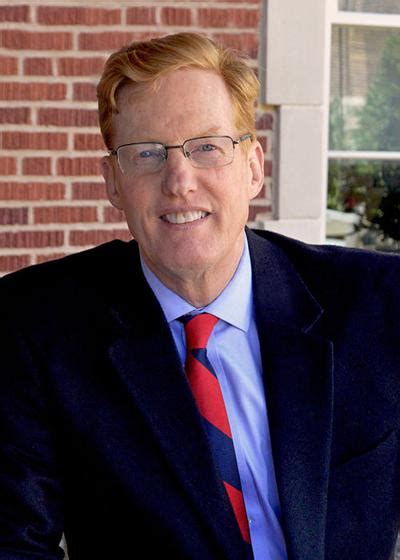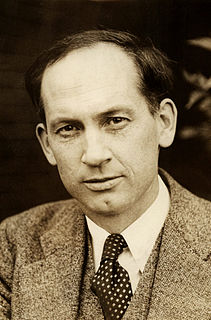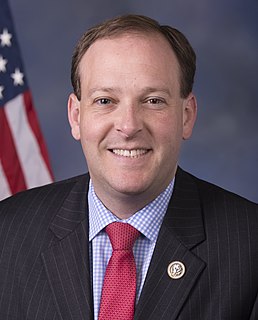A Quote by Noam Chomsky
Even in a largely depoliticized society such as the United States, with no political parties or opposition press beyond the narrow spectrum of the business-dominated consensus, it is possible for populate action to have a significant impact on policy, though indirectly. That was an important lesson for the Indochina Wars.
Related Quotes
In the United States, one of the main topics of academic political science is the study of attitudes and policy and their correlation. The study of attitudes is reasonably easy in the United States: heavily-polled society, pretty serious and accurate polls, and policy you can see, and you can compare them.
Part of what you need to understand is that we're forced to look back. You had the importation of third world or developing world conditions into the United States because of a bipartisan elite consensus for neo-liberalism. In other words, you had both political parties, the smarty-pants in both political parties said, hey, let's do these crazy trade deals.
The center of gravity for opposition shifts to Idlib province and Idlib city. That city is dominated by the al-Qaida wing of the opposition and other Salafist forces. The United States and the West cannot support those Salafists and al-Qaida. It means that the rebels are going to have a very hard time getting significant amounts of support.
The full impact of printing did not become possible until the adoption of the Bill of Rights in the United States with its guarantee of freedom of the press. A guarantee of freedom of the press in print was intended to further sanctify the printed word and to provide a rigid bulwark for the shelter of vested interests.
I think that it's very important to have the United States' engagement in many situations we have around the world, be it in Syria, be it in the African context. The United States represents an important set of values, human rights, values related to freedom, to democracy. And so the foreign policy engagement of the United States is a very important guarantee that those values can be properly pursued.
It is true that we need a consensus to go forward with restoring passenger rail in America, and often a consensus is formed by political action, via government. That is all true. But we have no such consensus, and no one in government or politics these days has the will or the force of personality or perhaps even the understanding of the situation to get on with job of forming a consensus supporting rail.
Oil policy, policy toward the United States, policy toward Iran, Bahrain, Yemen, very unlikely, I think, to see significant change. These policies were the policies that had a wide family consensus. The question I think would be if the king becomes sick, whether you have weak Saudi leadership in the Arab world and the Middle East rather than strong Saudi leadership, but I think the fundamental policies will continue, the ones we’re familiar with under King Abdullah.
There is a terrific disadvantage in not having the abrasive quality of the press applied to you daily. Even though we never like it, and even though we wish they didn't write it, and even though we disapprove, there isn't any doubt that we could not do the job at all in a free society without a very, very active press.



































